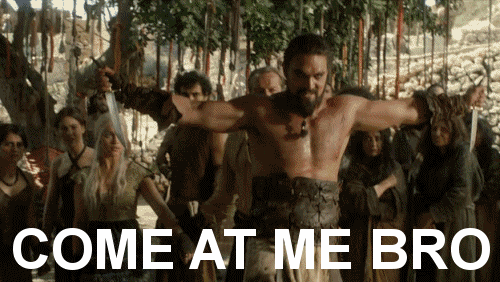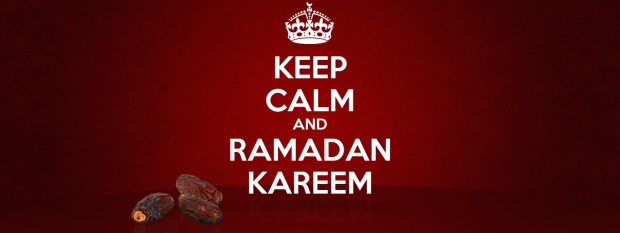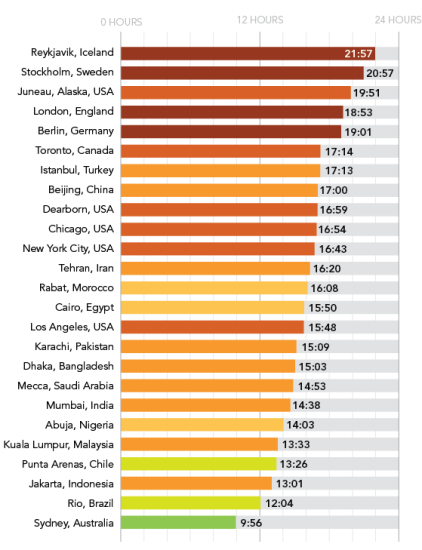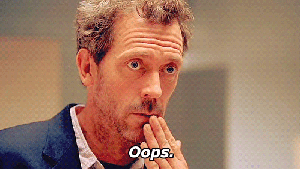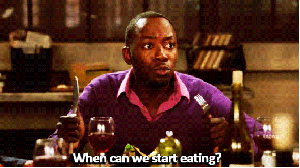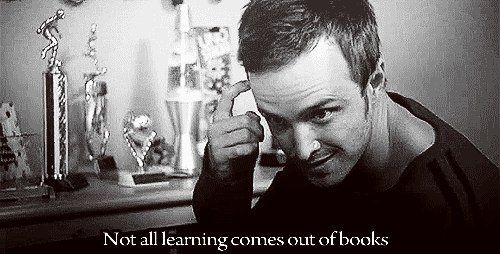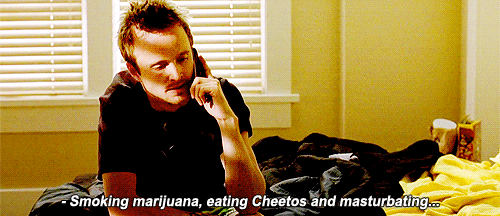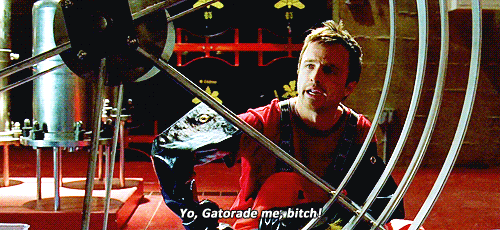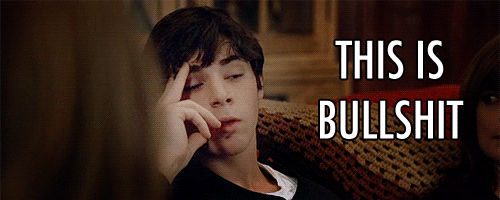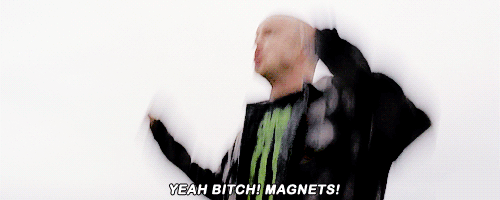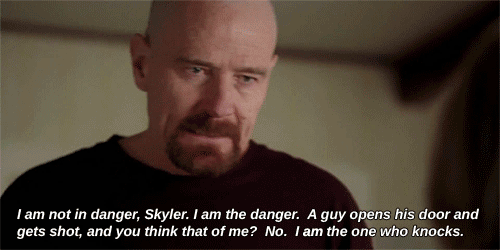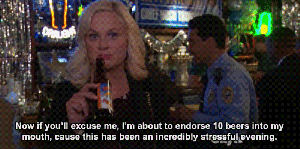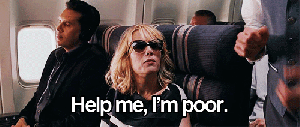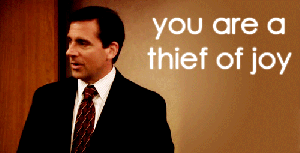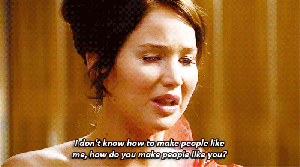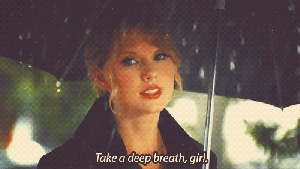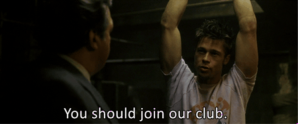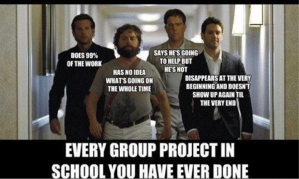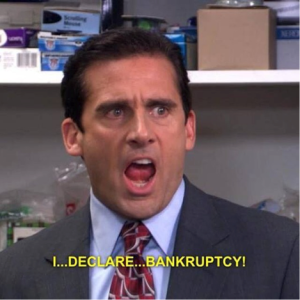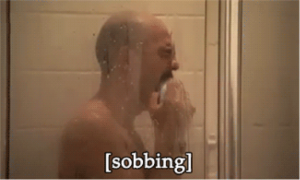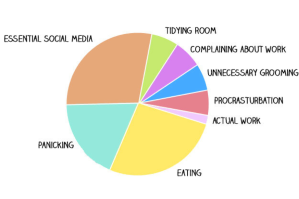Ever tried avoiding failure? How’d that turn out for you? I’m guessing not so good. The fact is, at some point or another, you will encounter failure. It could be personal, academic or professional; there’s no way you can avoid it!
After months of hiatus, a little despair and a lot of reflecting I realized something looking back at my life, and I felt it would be crucial to share with all of you…
Failure is the most important catalyst to your success!
You might be asking yourself “really?! What a load of B.S!” Nobody loves to fail, but often those who do come back and win. Frustrated? Annoyed?
Well, you shouldn’t be, it’s the truth.
Earlier in life, failure was often viewed as a taboo and something to avoid at all cost. Growing up, I recall comments like “if you fail, you’ll be left behind”, “you better be studying, or you’ll fail!” and my personal favorite, “if you fail, everybody will think you’re an idiot!”.
We’ve all heard these phrases at some point in life, be it at home, school or even the workplace. Society has led us to believe that failure will result in your extinction from society, that if we fail, we will amount to nothing at all. It’s a scary thought to know that our society continues to kill off creativity, hope, curiosity and at the same time reward people for conforming to the status-quo thinking, obeying orders and coloring inside the lines.
Let’s get something completely clear here, I am not advocating the idea of embracing failure and essentially failing at everything we do in life. Rather, I am advocating that we change our view of what failure is, and seeing it as an essential part of learning, which ultimately leads to success.
I believe that failure has a direct link towards success. It’s a common perception amongst us all that success has an upward trajectory with nothing but sunshine and daisies, warm breezes, and smooth sailing. I’m sorry to burst your bubble, but it’s not.
It’s often a messy road, filled with tests, unexpected results, unwanted decisions, compromises, unexplainable fear, nausea and occasionally a lot of crying as you venture on a journey towards unchartered waters. What separates the winners, the people who want to succeed in life is their ability to change their view about failure.
The fact is; successful people fail way much more than we do. Don’t believe me? Well, here’s the proof:
After being cut from his high school basketball team, Michael Jordan went home, locked himself up in his room and cried.

Albert Einstein wasn’t able to speak until he was four years old. His teachers believed he wouldn’t amount to anything.

Walt Disney was fired from his job at a newspaper for lack of imagination, and having no original ideas.

Steve Jobs found himself crushed and devastated, even depressed after being fired from the company he started.

J.K Rowling, before publishing the series of novels, was nearly penniless, severely depressed, divorced, trying to raise a child on her own while attending school and writing a novel.

And, of course, one of my favorites, Thomas Edison…a man who I’d consider a specialist in failure. It is stated Mr. Edison failed 10,000 times before he successfully created the world’s most reliable light bulb. He later said, “I haven’t failed. I’ve just found 10,000 ways that won’t work.” It’s the tenacity and never say die attitude along with his ability to take an unorthodox view on failure that ultimately led to his success.
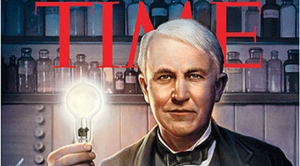
You don’t fail when you fall; you fail when you stop picking yourself back up. The secret is to keep trying, whether you’re an artist, a musician, an athlete, a friend, unemployed or just hungry for an opportunity to shine. In the end, it’s up to us as individuals to shape our future, and letting failure best you will only feed the status-quo. Although it is easier said than done, we need to change our definition of failure and see it as a vital step towards our inevitable success.
At the end of the day, nobody remembers your failures, so go out there, face your fears, and eliminate the hundreds, no…thousands, no…millions of ways that won’t work and always remember to enjoy this bumpy ride we call life!
